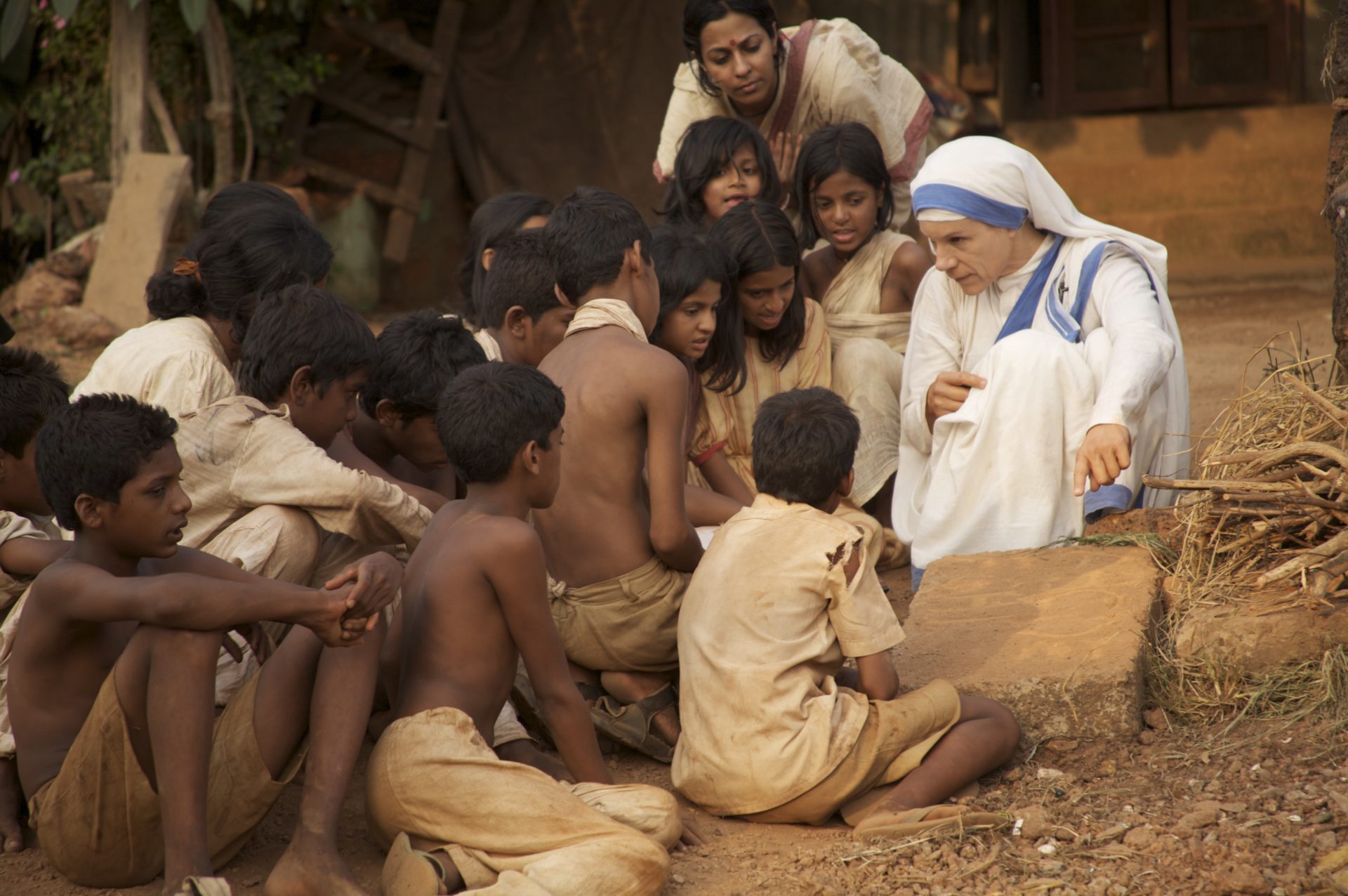
Issues affecting aspects of the Catholic Church have been given recent treatment by moviemakers and it appears that box office success is being afforded to an unfortunately negative story but eluding a more positive one.
Spotlight, which focuses on a newspaper’s probe of the pattern of priestly misconduct in the Archdiocese of Boston, has drawn reasonable audiences in its release overseas, while the second movie, The Letters, telling part of the story of Blessed Mother Teresa has proved less successful.
Perhaps the contrast simply demonstrates that bad news inevitably attracts more interest than stories concentrating on goodness, but it’s especially disappointing because Mother Teresa of Calcutta is set to be afforded further publicity through 2016 when she is to be canonised.
The Letters is described as a biopic – a biography turned into a motion picture – which chronicles aspects of her life through a series of writings she sent over a period of 40 years to Vatican priest Fr Celeste van Exem who has more recently been investigating acts and events along her path to sainthood.
Juliet Stephenson, branded by one critic as “tireless and solemn” and rarely smiling or friendly, and Max von Sydow, whose performance is handled more gently by reviewers, have been given the key roles in this movie which was given regular television advertising ahead of its American release.
Director William Riead says he was first moved to consider making a picture about Mother Teresa in the wake of the horror he felt after the terror attacks of 11 September 2001.
A critic in the show business magazine Variety suggested that Riead seemed to have found Mother Teresa’s life so inherently uplifting that his film was sluggish, lacked inspiration and seemed to suggest that the nun’s life was of itself so uplifting that it required almost no artistic effort to bring it to the screen.
A more balanced, but still far from praiseworthy review by Catholic Transcript Online suggested that the nature of outstanding cinematic art generally was linked to portraying negative rather than positive events – no doubt through scenes which are more exciting than life in the slums of Calcutta as featured in this movie.
“Wickedness expresses itself in dramatic events and gestures whereas preserving fidelity to God’s will is a lifelong process to be pursued day in and day out” was the key to the reviewer’s finding that the movie showed Teresa to be a troubled and vulnerable woman who felt isolated and abandoned by God.
“She felt a potentially paralysing sense of God’s absence,” according to the critic – which is an experience surely bearing some consideration and possibly even empathy among those of faith.
People who are old enough will remember glimpsing some aspects of the life of Mother Teresa (1910 –97) through television coverage of her work among the poor in the same way as they also were able to see two other saints of the modern era, Popes John XXIII and John Paul II.
Quotations from this nun who left her teaching role in the Loreto order to found the Missionaries of Charity have also made a prominent mark through the internet, although care must be used in attempting to select genuine articles because various forces apparently have added significantly to the list.
The Mother Teresa of Calcutta Centre has drawn attention to several pages of quotes which have been attributed falsely to her – but many that survive are based on love, as was demonstrated through her devotion and care for others.
Mother Teresa is alleged to have said: “Every time you smile at someone, it is an action of love, a gift to that person, a beautiful thing.” Let’s hope that she did leave us with those words as a positive thought to be taken into the new year.
Poor reviews and low box office returns will make The Letters hard to find at local cinemas, as it wasn’t mentioned in a recent newspaper rundown of releases which are lined up for the early months of 2016.
